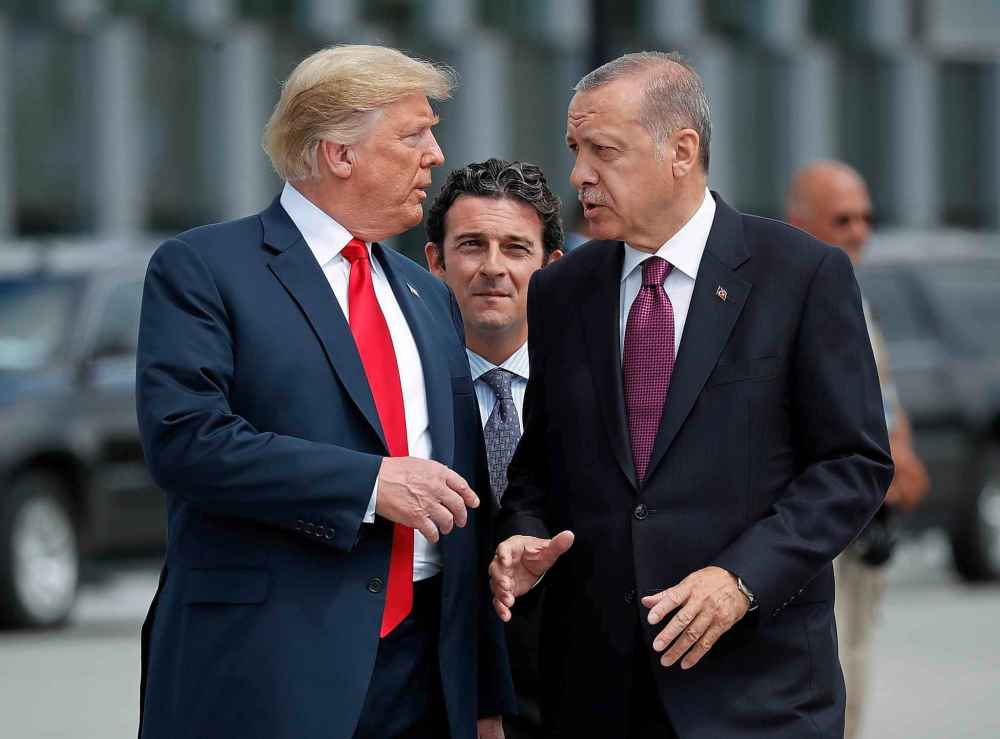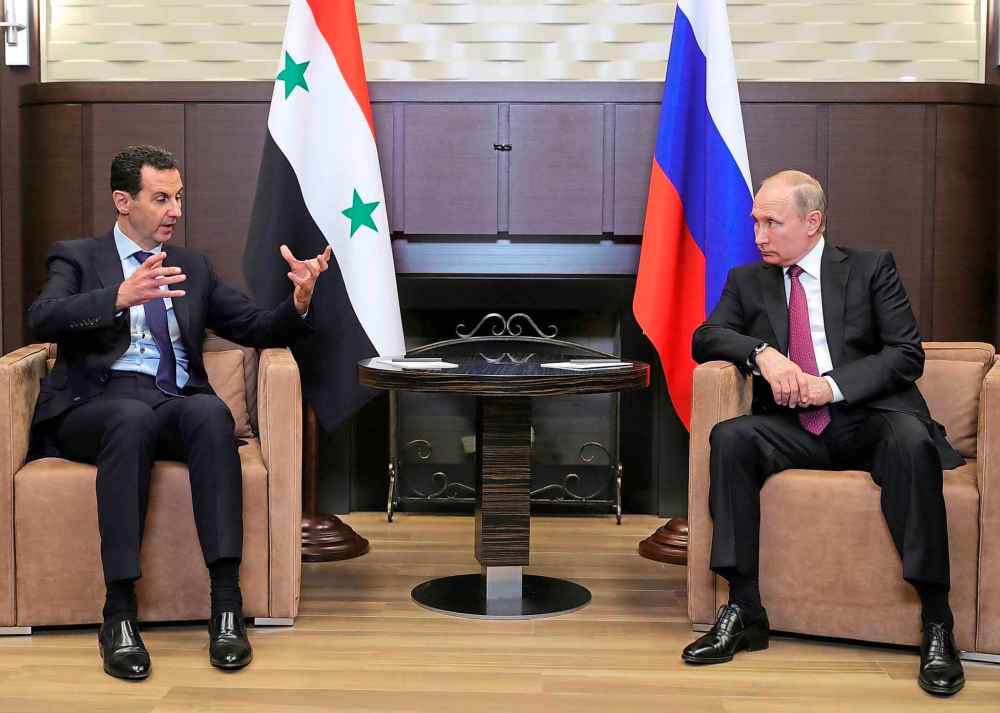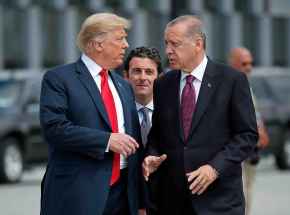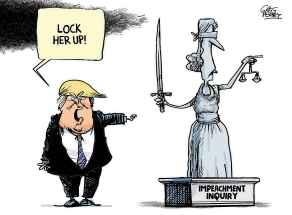Trump’s bad week good for Putin, Erdogan
Read this article for free:
or
Already have an account? Log in here »
To continue reading, please subscribe:
Monthly Digital Subscription
$0 for the first 4 weeks*
- Enjoy unlimited reading on winnipegfreepress.com
- Read the E-Edition, our digital replica newspaper
- Access News Break, our award-winning app
- Play interactive puzzles
*No charge for 4 weeks then price increases to the regular rate of $19.00 plus GST every four weeks. Offer available to new and qualified returning subscribers only. Cancel any time.
Monthly Digital Subscription
$4.75/week*
- Enjoy unlimited reading on winnipegfreepress.com
- Read the E-Edition, our digital replica newspaper
- Access News Break, our award-winning app
- Play interactive puzzles
*Billed as $19 plus GST every four weeks. Cancel any time.
To continue reading, please subscribe:
Add Free Press access to your Brandon Sun subscription for only an additional
$1 for the first 4 weeks*
*Your next subscription payment will increase by $1.00 and you will be charged $16.99 plus GST for four weeks. After four weeks, your payment will increase to $23.99 plus GST every four weeks.
Read unlimited articles for free today:
or
Already have an account? Log in here »
Hey there, time traveller!
This article was published 15/10/2019 (2248 days ago), so information in it may no longer be current.
It’s fair to say most observers of geopolitical affairs expected things to go from bad to worse.
It’s equally accurate to say almost no one expected them to disintegrate quite this quickly into chaos.
The seemingly spontaneous and undeniably uninformed decision last week by U.S. President Donald Trump to withdraw his country’s troops from northern Syria was widely criticized as a betrayal of Kurdish allies who have been central to the fight against Islamic State terrorism, and an open invitation for Turkey to launch a full-scale invasion that will further destabilize a region fraught with divisions and long-simmering political and cultural antagonisms.
The U.S. forces pullout, which Mr. Trump announced just hours after going “off script” during a telephone conversation with Turkish President Recep Tayyip Erdogan — one of several foreign autocrats for whom the U.S. president has expressed admiration — was presented as keeping with Mr. Trump’s inward-focused “America-first” philosophy.

“Turkey, Europe, Syria, Iran, Iraq, Russia and the Kurds will now have to figure the situation out,” was how Mr. Trump assessed the probable fallout from his order to withdraw.
Well, they might not have figured things out yet, but Mr. Erdogan certainly wasted no time in taking military advantage of the opening created by the Trump-ordered exit of U.S. troops. Missiles, artillery and ground forces were dispatched last Wednesday in the direction of northern Syria, leaving Kurds who had placed trust in U.S. support and protection to complain they were being abandoned to the oncoming slaughter.
Reaction was swift and overwhelmingly negative. Rep. Eliot Engel, the Democratic chairman of the House foreign affairs committee, told a Sunday-morning political talk show there is “nothing more disgusting in all the years I’ve been in Congress than what this president is allowing to happen with the Kurds. They have been our loyal and faithful allies for so many years, and after this, who again would trust the United States to be an ally of them?”
Even some of the U.S. president’s most ardent supporters — notably, elected Republicans such as Sen. Lindsay Graham, who have been veritable pitbulls in defending Mr. Trump’s numerous domestic-policy indiscretions — called the Syrian pullout a catastrophic error that will further diminish America’s standing as a global power and trusted western-bloc ally.
In a desperate stab at self-preservation, Kurdish leaders struck a deal with Syrian President Bashar Assad, who, with the support of Russian President Vladimir Putin, committed to sending Syrian forces into northern regions that have long been controlled by Kurds.
Meanwhile, thousands of IS supporters who had been imprisoned in northern Syria were set free during the chaos created by the U.S. withdrawal.

Mr. Trump, who is not usually predisposed to taking a backward step, revised his rationale for the abrupt withdrawal a couple of times last week before finally declaring that he would impose economic sanctions on certain Turkish interests — not including any directly connected to Mr. Erdogan — if the assault on Kurdish territory does not cease.
It is, of course, too little and too late. The U.S. president’s ignorance on issues of complex foreign policy has once again been laid bare, and more skilfully informed leaders who seek to fill the geopolitical voids they have hoodwinked Mr. Trump into creating have moved quickly to expand and solidify their global influence.
One of Mr. Trump’s worst presidential weeks turned out rather well for Mr. Erdogan and Mr. Putin.

















